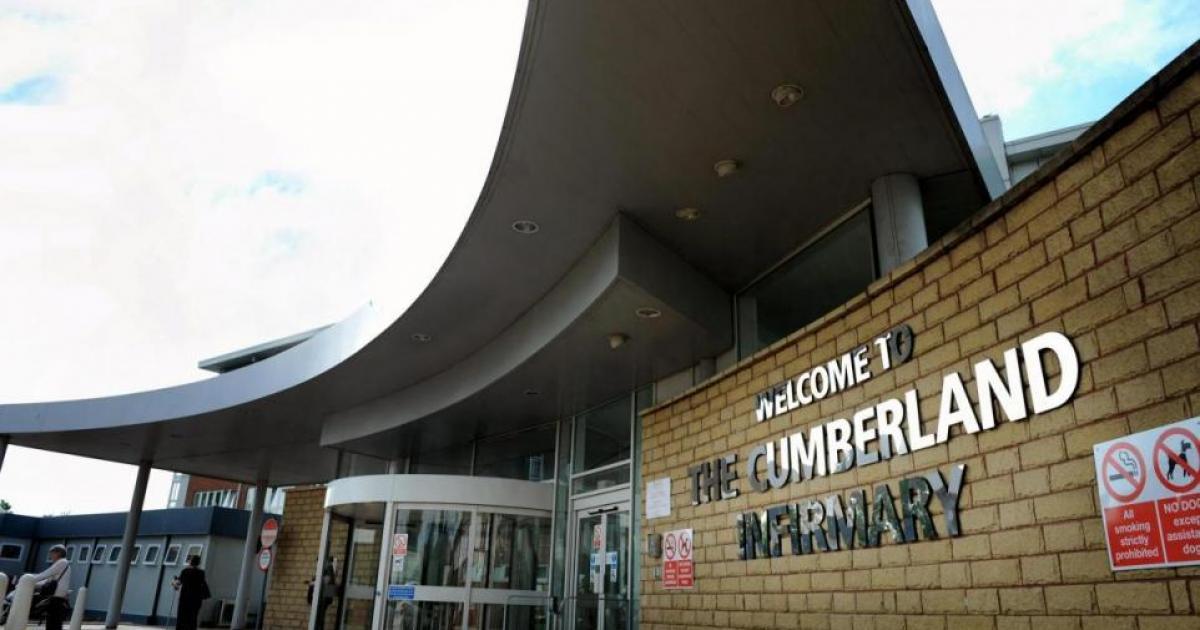Historically in North Cumbria, GP practices have worked alongside hospitals to provide this type of care locally so that patients do not have to travel to hospital for routine procedures.
Unfortunately, because of ‘ongoing challenges’ in Primary Care, some GP practices have decided they are no longer able to deliver this type of work.
To help meet the demand NCIC has now established a number of community hubs across the region. This will help ensure that patients can continue to be cared for close to home, and avoid additional pressures on our acute hospitals.
Patients will be referred by their hospital doctor to the appropriate community hub, or GP practice (where they are continuing to provide the service).
Patients will be able to either book an appointment themselves online or call a helpline where our staff will help make the appointment or answer any queries.
Patients requiring phlebotomy from September 1 can contact NHS hubs by telephone between 9am and 12 noon and 1pm and 4pm Monday to Friday, 24 hours after their referral.
The move follows the decision of some GP surgeries to serve notice on a local ‘secondary care workload agreement’, which had temporarily allowed general practice to support hospital services with specific tasks.
Tasks previously carried out under the agreement included ECG and physical health monitoring for people prescribed specialist mental health medication, pre-operative and post-operative blood tests, post-operative wound care, chemotherapy-related blood testing, and blood monitoring for specialist biological therapies.
The decision follows a ‘significant and ongoing rise’ in appointment requests and clinical tasks made on behalf of other healthcare providers—particularly hospital and specialist teams according to the health service.
READ MORE: Pears Cumbria School of Medicine launched in Carlisle campus | News and Star
According to Primary Care Services North Cumbria, general practice teams are increasingly being asked to undertake work such as chasing up hospital test results, prescribing medication initiated in secondary care, completing referrals on behalf of consultants, and conducting blood tests or ECGs that were originally requested by hospital services.
While many of these tasks have historically been absorbed by general practice to support continuity of care, the group said that the volume of these requests has now reached a point where they account for an estimated 25–30 per cent of GP daily workload which has had a ‘direct impact’ on the availability of appointments and access for patients needing core GP services.

